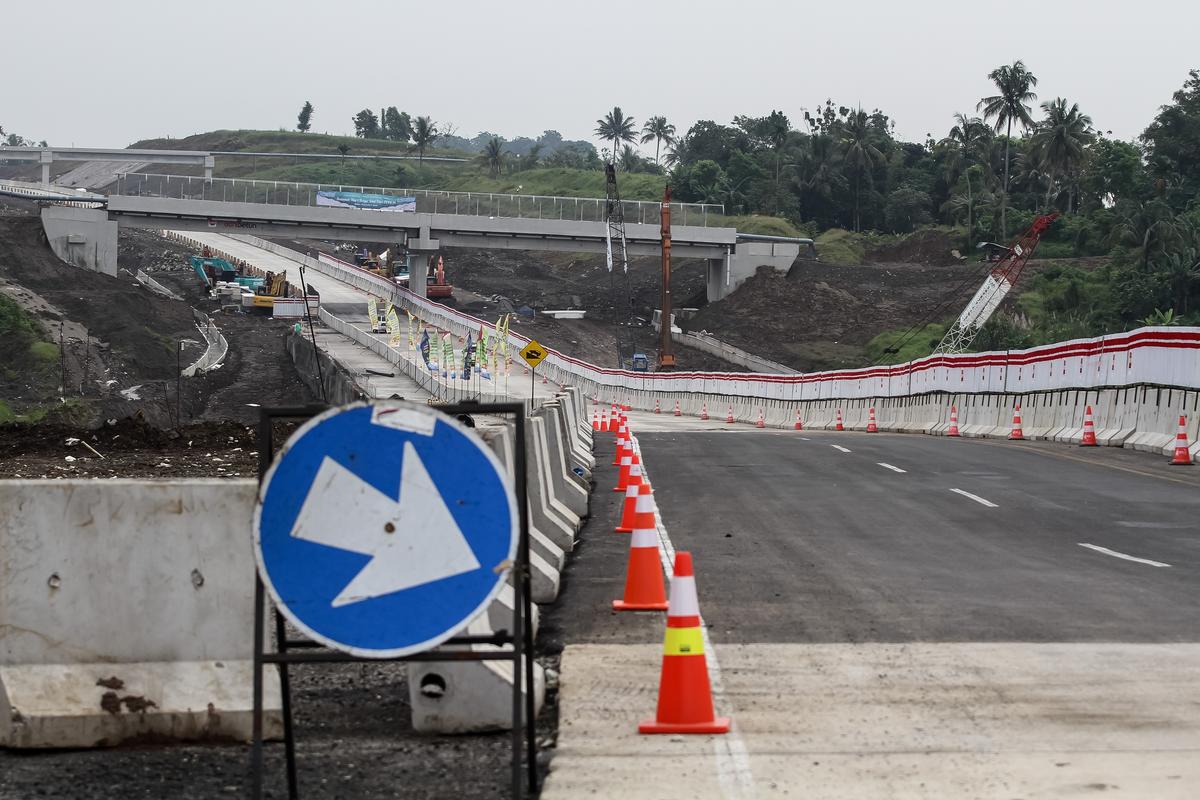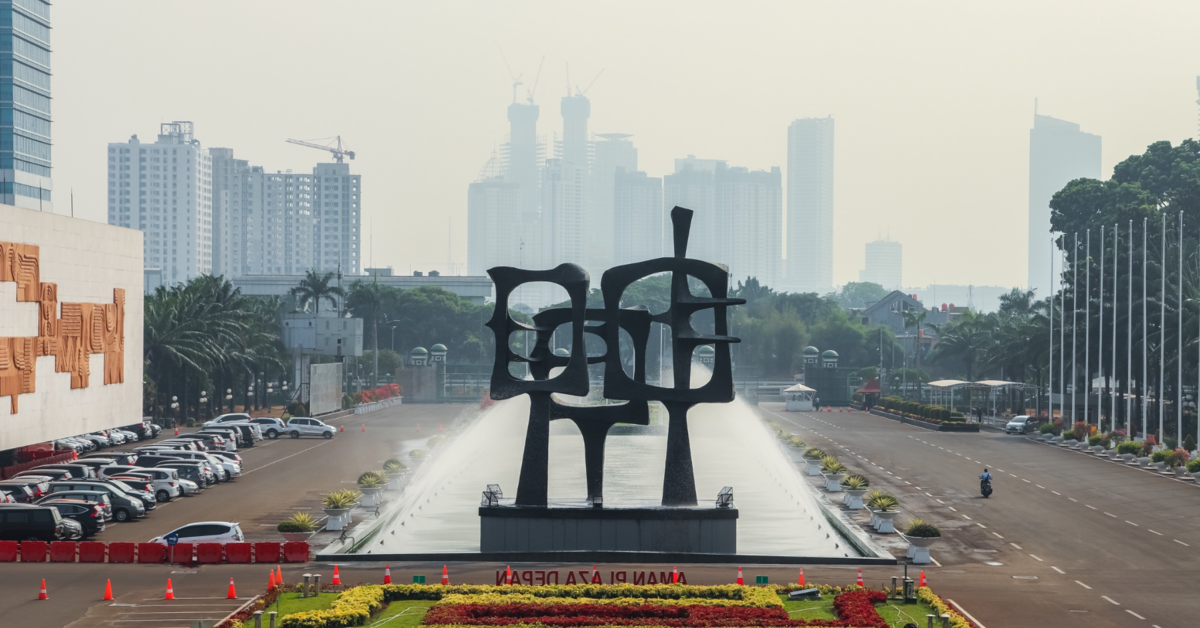Overview of the Indonesian Government’s 2024 Work Plan
At a Glance
On May 15, 2023, the Ministry of National Development Planning (BAPPENAS/PPN) passed regulation No.4/2023 regarding Indonesia’s work plan for 2024. The plan is designed to advance the nation’s development agenda and address various strategic sector challenges. It focuses on building inclusive economic growth, sustainable development, and social welfare. The plan also aims to foster the nation’s economic resilience, enhance existing infrastructure, promote digital transformation, and improve governance through development.
The 2024 work plan is the final document to achieve the Government’s Medium-term Development Plan (RPJMN) 2020–2024 and also aims to provide a solid foundation for the next mid-term plan of 2025–2029 and a resilient economy during the upcoming election year in 2024.
Background of the Work Plan
The 2024 work plan is a guidance instrument that has been developed to provide a systematic and comprehensive development prioritization for the government. The work plan covers all development facets, such as frameworks for financing, institutionalization, regulation, evaluation, and control. The document also serves as the guiding principle for the private sector on non-state actors to participate and collaborate in helping Indonesia achieve its development goals.
Over the years, the objective of the work plan has been towards accelerating economic recovery and strengthening the country’s resilience to external shocks. Efforts will be made to diversify the economy, attract investments, and stimulate job creation, particularly in sectors with high growth potential, such as manufacturing, tourism, and the digital economy. The government work plan also intends to enhance the business climate by reducing bureaucratic obstacles and improving regulatory frameworks to facilitate entrepreneurship and innovation.
The Focus of the 2024 Work Plan
The 2024 work plan adopts the “Accelerating an Inclusive and Sustainable Economic Transformation” theme. It emphasized seven policy development priority areas that are aligned with the medium-term development (RPJMN) plan for 2020–2024:
-
Strengthening National Economic Resilience for a Just and Quality National Growth
-
Developing Areas to Reduce Disparity and Ensure Even Development
-
Developing a Quality and Competitive Human Capital Resources
-
Mental Revolution and Developing Culture
-
Strengthening Infrastructure to Support Developing Economy and Basic Services
-
Developing the Environment, Increasing Disaster and Climate Resilience
-
Developing Governmental Infrastructure and Transforming Public Services
Following the seven priority areas, it has identified eight goals in 2024: reducing poverty, increasing education and health services, revitalizing industry and improving manufacturing science, increasing local business competitiveness, low-carbon development and energy transition, accelerating the development of necessary infrastructure and connectivity, accelerating the development of the new capital (IKN), and implementation of the 2024 general election.
Expected Sectoral Development
The Indonesian Government will focus on implementing policies that promote sustainable development, attract foreign investments, and create a favorable business environment to achieve its goals. The work plan emphasizes the importance of infrastructure development, particularly in transportation and digital connectivity, to enhance trade and connectivity within the archipelago. Additionally, there will be a strong emphasis on the development of Indonesia’s capital city, as it moves from Jakarta to Ibu Kota Nusantara (IKN) on a separate island of Borneo (read our EGA Quick Take here). That megaproject will prioritize developing the necessary infrastructure (such as healthcare facilities, residential complexes, electricity grid, connecting roads, and many more) and governmental buildings.
Renewable energy development, as part of a “major project” within the 2024 work plan, allows businesses to be engaged in the development, manufacture, and installation of solar panels, wind turbines, bioenergy, and geothermal plants. There will be opportunities to participate in the research and development of other clean energy technologies. There is also a growing number of initiatives and projects on energy storage systems and smart grid solutions to support the integration of renewable energy sources into the existing power network.
The agricultural sector also offers significant prospects aiming at food security, with the second “major project” focusing on “food estate.” Businesses can be involved in agribusiness, food processing, and agricultural technology sectors. This includes engagement in the production of agricultural inputs, such as fertilizers and seeds, capacity building, such as farming techniques, sustainable agriculture, and agro-processing in the program’s priority areas, namely, Central Kalimantan, Northern Sumatra, East Nusa Tenggara, Southern Sumatra, and Papua.

gathered from the Minister of National Development Planning Decree 19/M.PPN/HK/03/2023
The 2024 work plan also recognizes the pivotal role of human capital development in reducing poverty and strengthening its industrialization capability. There are initiatives to improve human capital development and poverty reduction within the work plan, with initiatives aimed at improving education and skills training to meet the demands of a rapidly evolving job market. Businesses and entrepreneurs could participate in participating within development centers, educational technology solutions, and recruitment services to cater to the demand for skilled labor.
The 2024 election will undoubtedly have a significant impact on the business landscape in Indonesia. As political campaigns unfold and candidates present their economic policies, Indonesia will have to set aside time and budget to roll out the 2024 election. Businesses will need to monitor the potential implications for their operations closely. The election outcome can shape regulatory frameworks, fiscal policies, and investment incentives, influencing the ease of doing business in the country.
Overall, the 2024 work plan signifies a fertile ground for entrepreneurs and businesses across various sectors. With the government’s commitment to driving economic growth and improving the investment climate, there is a push for a more conducive environment for both domestic and foreign enterprises to thrive and contribute to the country’s development goals.
Further Information:
Indonesia Work Plan Design 2024
Achieving 2024 Government Work Plan targets is crucial, says Minister



